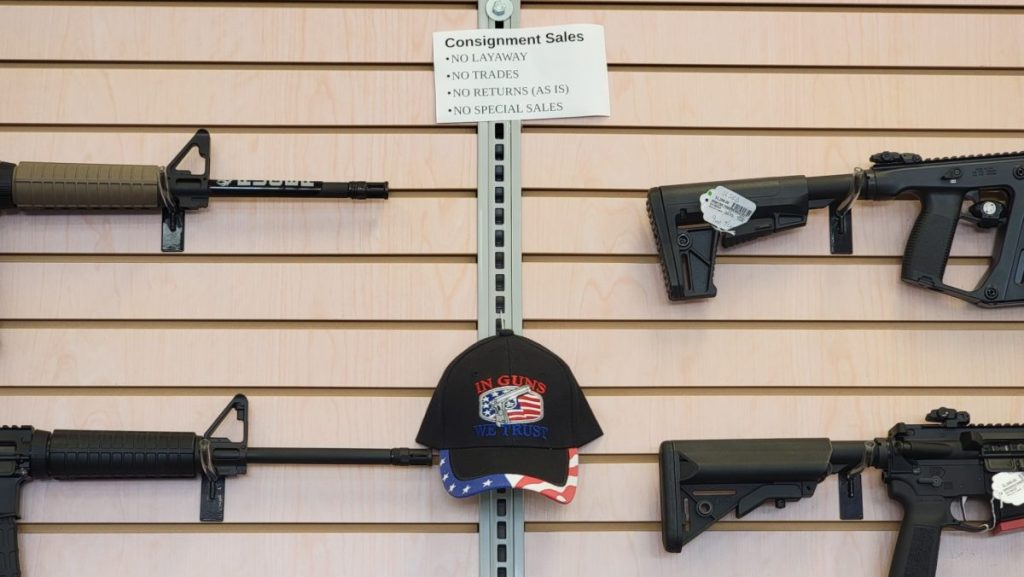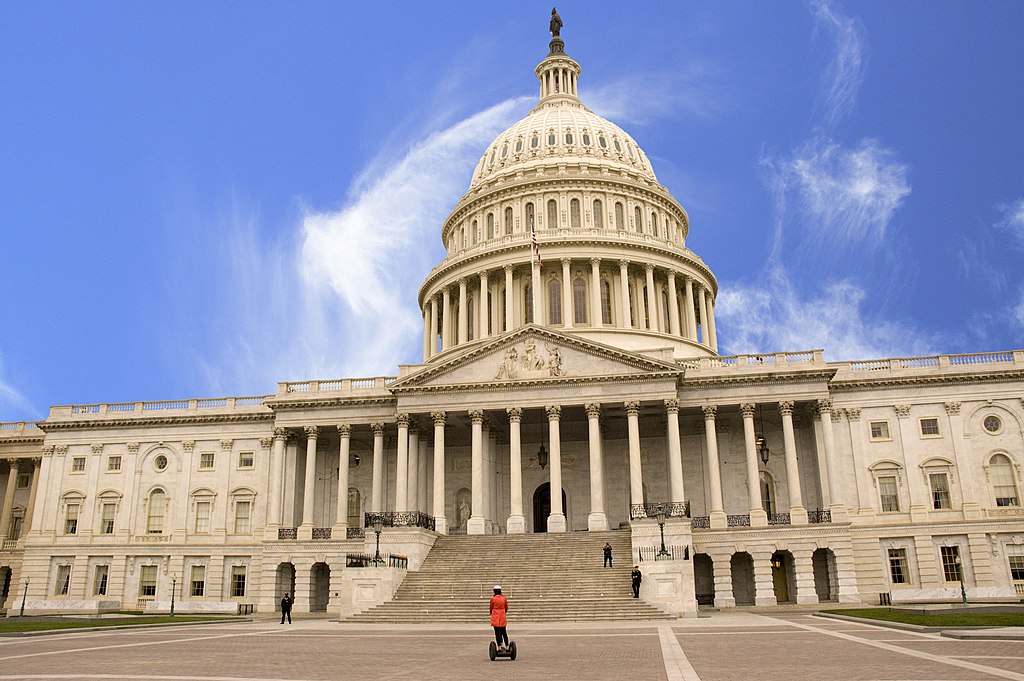OPINION |
I'm writing this column on a Thursday afternoon and I don't know for sure if there will be another mass shooting in America by the time it's posted.
If we ever are going to seriously address the problem of gun violence and student massacres in our land, the starting point isn't mental health.
Yet so many have tried to do just that — start with mental health and end the discussion with mental health — as we debate this, yet again.
To me, we duck the issue if our first and only response to the massacre of 19 children and two teachers is that “we need to keep guns out of the hands of the mentally ill.”
To me, that's like stepping in front of a news camera, with a raging wildfire in the background, and proclaiming: “We need to keep matches out of the hands of arsonists.”
I support laws that seek to prevent those with established histories of mental illness and violence or threatened violence from possessing firearms.
But not all those who commit mass murder with a firearm have a history of mental illness or even a criminal history.
Regardless, why does it have to cost so many lives to discover — on that day of the horrible crime — that this person is/was actually crazy enough to kill?
We're chasing our own tails if we forever link mental illness to gun violence.
Mental illness is not static. It is not always predictable. It doesn't always have a history.
Are you “mentally ill” because you lose your job and are without health insurance and without the meds that keep depression, paranoia or hallucinations at bay?
Are you “mentally ill” the day your child is diagnosed with terminal cancer?
Or the day your boss tells you not to let the door hit you on the way out after 40 years of devoted service?
A good guy with a gun

Similarly, I just don't buy the argument that it takes “a good guy with a gun” to stop a “bad guy with a gun.”
Wasn't everyone now in prison convicted of a gun crime once a “good guy with a gun” until that first step over the line with a piece in their pocket?
And how do we know who's who until it's too late?
Stephen Paddock was 64, an accountant and a real-estate developer and a “good guy with a gun” when he first checked into the 32nd floor of the Mandalay Bay Resort and Casino in Las Vegas in the fall of 2017.
He had no criminal record, excluding a traffic citation.
Nevertheless, from his perch, he fired 1,000 rounds and killed 60 people attending a country music concert while Jason Aldean was on stage. He wounded another 417.
Why, in America, do we allow so many people to die in so few seconds before we can come to the horrible realization that this was, instead, a “bad guy with a gun”?
We cannot prevent random, tragic shootings. And yes, there will always be evil.
But why are we the only place on Earth where evil is allowed to kill so many innocents before an officer can even unholster their weapon and get in position to try to end it?
The mother of all amendments

My first basic question — like most regarding gun violence in America — is an old one.
How is it we don't have a federal law requiring people who buy firearms from an unlicensed firearms dealer to go through the same federal background check that people who buy from a dealer must go through?
Why is a gun seller at a gun show exempt from requiring the same background check that a gun seller behind a counter at a gun shop must administer?
An estimated 20 percent of gun purchases are done privately, including gun shows and online sales. That amounts to millions of guns.
According to a 2019 story in the New York Times, several states require background checks for private gun sales.
California, New York and seven other states mandate that any transfer of a firearm be completed through a licensed dealer, with a background check, while Maryland, Massachusetts and 10 other states require permits for at least some types of firearms.
Missouri had such a law until 2007, when lawmakers repealed it.
If you buy a firearm from a licensed gun dealer, you must first clear a database called the National Instant Criminal Background Check System.
The system was created by a federal law called the Brady Act.
James Brady, President Ronald Reagan's press secretary, was shot in 1981 and permanently disabled in an assassination attempt on Reagan, who was also shot, but recovered.
It was signed into law by President Bill Clinton in 1993.
The background check was expanded after the April 2007 shootings at Virginia Tech University, where a lone gunman killed 32. Information from mental health records, including involuntary commitments, was added.
Why doesn't everyone who buys a firearm go through the same background check? How is it that we can't even fix that?
Why can't we sue gun manufacturers?

My second question is: Why can't you sue a gun manufacturer in this country?
The Second Amendment, in my view, has become sacrosanct — the Mother of All Amendments.
It morphed into what I'll call the “Right Not to be Sued Amendment” in 2005, when Congress passed the Protection of Lawful Commerce in Arms Act.
That act shields firearms manufacturers and dealers from being held liable when crimes are committed with their products. Arms manufacturers and dealers can still be held liable for damages resulting from defective products, breach of contract, criminal misconduct or other actions for which they are directly responsible.
The law put gunmakers in an exclusive club that, I'm sure, cigarette makers and car manufacturers would love to join.
The only other businesses exempted by federal law from civil liability are vaccine manufacturers; internet service providers (protected from defamation and copyright and infringement lawsuits); and airline companies, which were exempted from lawsuits connected to the Sept. 11, 2001 terrorist attacks.
How skewed will things become in America to protect the gun industry? A federal law that prohibits coroners from listing “gunshot wound” as the cause of death?
How the firearms industry got protection
Here's what happened in 2005. The firearms industry went to Congress seeking protection from a growing number of lawsuits, many filed by cities, including Chicago, that sought to hold gunmakers financially liable for the death and destruction associated with their product.
The industry got the protection it sought, with Congress saying, in essence, don't sweat it, you don't even have to go to court to see if the old argument “guns don't kill people, people kill people” actually holds up in the eyes of the law.
Yet, Congress was also asked to act following the murder of 20 elementary students, ages 6 and 7, and six adults at Sandy Hook Elementary School, in Newtown Connecticut, in December 2012.
One-hundred-fifty-four rounds were fired in less than five minutes.
Congress did nothing.
I should note that the families of nine Sandy Hook shooting victims did, in fact, sue Remington Arms, the maker of the AR-15-style rifle used in the massacre, despite the federal protection.
The lawsuit was settled in February for $73 million. The basis of the claim focused not on the fact that the shooter used a Remington product to kill people but on how the manufacturer allegedly violated state law by marketing the rifle specifically to male gamers and troubled young men like the Sandy Hook gunman.
If they bought the rifle, the lawsuit alleged, Remington said they could be more like a man. Remington's marketing messages included:
“Forces of Oppression, Bow Down.”
“Consider your Man Card Reissued.”
Closing the background-check loophole
According to the New York Times, a 2012 study in the journal Injury Prevention found that nearly 80 percent of all firearms used for criminal purposes are obtained through transfers from unlicensed dealers.
A 2016 survey of prison inmates by the Bureau of Justice Statistics found that among prisoners who possessed a gun during their crime, 90 percent did not obtain it from a retail source.
It seems to me that making it harder for a convicted murderer back on the streets to buy a firearm from an unlicensed seller is not a slippery slope to losing your Second Amendment rights.
It slopes toward gun sanity in a nation where, I fear, things will get worse before they get better.
According to the Journal of Urban Health, Missouri’s 2007 repeal of its law requiring a background check for the purchase of all firearms contributed to a 14 percent increase in Missouri’s murder rate through 2012.
In other words, murders went up in Missouri when background checks went down.
If your argument is that an action should not be taken because it will only reduce murders — but not end murders — then you are part of the problem.
I think the real question, especially here in the Ozarks, is this:
Will we ever get to a point where the growing number of student massacres make it possible to elect a commonsense political candidate with only a B rating from the NRA?
This is Pokin Around column No. 43.

